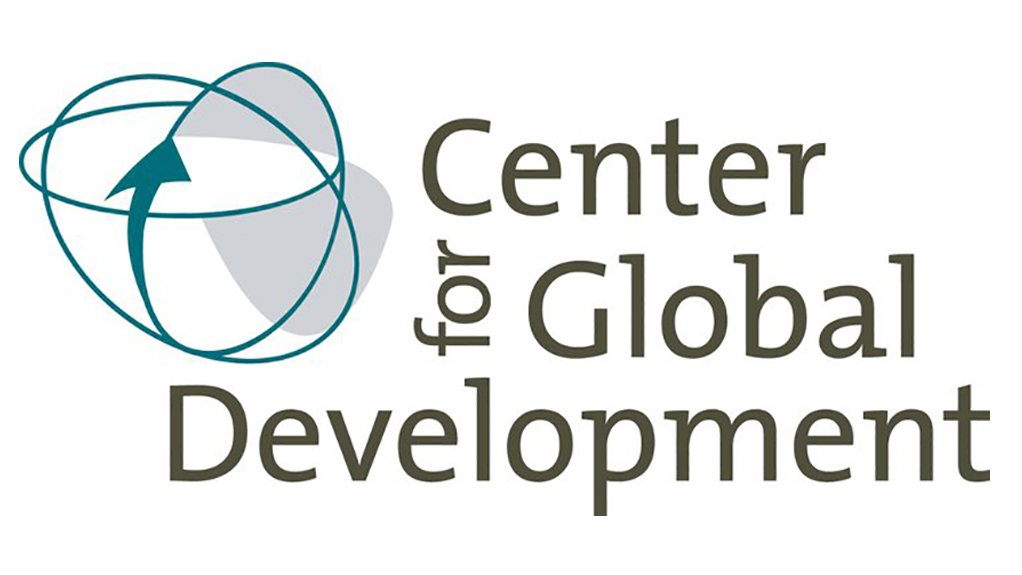- Improving Performance in the Multilateral Humanitarian System: New Models of Donorship1.15 MB
The humanitarian system has undergone three series of reforms over the past couple of decades, with mixed results. Multilateral agencies play a central role in the system. Faced with the prospect of growing humanitarian needs as a result of conflict, climate change and pandemics, the elusive quest to improve their performance continues.
Yet while donors agree on the benefits of a strong multilateral system to respond to humanitarian crises, they diverge when it comes to measuring performance and providing financial incentives.
A political economy defined by co-dependence and information asymmetry complicates the picture. Donors should unbundle their funding of different multilateral functions and measure their performance accordingly. Commonly agreed core functions and capacities should be supported by a greater proportion of core rather than earmarked funding.
Performance of these core functions should be measured using multi-donor assessments and functional reviews. Independent measurement of outcomes should be linked to pooled mechanisms that would channel a significantly greater proportion of funding earmarked to specific crises.
Paper by the Centre for Global Development
EMAIL THIS ARTICLE SAVE THIS ARTICLE ARTICLE ENQUIRY
To subscribe email subscriptions@creamermedia.co.za or click here
To advertise email advertising@creamermedia.co.za or click here











